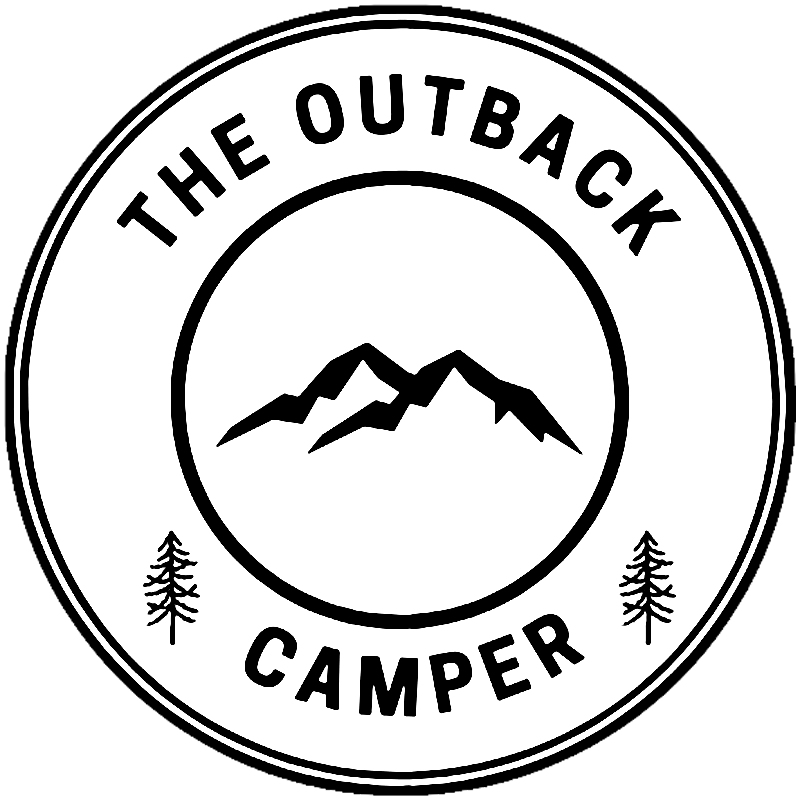Please note: This post may contain affiliate links and ads, please read our full disclosure HERE.
Surviving the Great Outdoors: Essential Tips for Winter Camping Adventures
Winter camping can be an incredible experience for those who are prepared for the challenges it presents. The peace and tranquillity of a snow-covered landscape can be truly awe-inspiring, and the opportunity to escape from the hustle and bustle of daily life can be a welcome break. However, it is important to note that winter camping requires more preparation and planning than other types of camping. Cold weather, snow, and ice can create hazardous conditions, and it is essential to be prepared for any situation that may arise.
One of the biggest challenges of winter camping is staying warm. Temperatures can drop well below freezing, and wind chill can make it feel even colder. Proper insulation is key to staying warm and comfortable, so invest in high-quality gear that is designed for winter use. It is also important to stay dry, as wet clothing can quickly lead to hypothermia. Bring extra clothing and be prepared to change into dry layers if needed.
Another important aspect of winter camping is food and water. Water sources may be frozen, so it is a good idea to bring a water filter or purification tablets. Plan your meals carefully, and bring high-energy foods that are easy to prepare. Consider bringing a small stove or portable heater to cook and warm up food and drinks.
One of the benefits of winter camping is the opportunity to participate in winter sports such as skiing, snowshoeing, and ice fishing. These activities can add a new dimension to your camping experience and provide a fun way to explore the winter landscape. However, it is important to be prepared and to have the necessary equipment and knowledge to participate safely.
Winter camping can be a challenging but rewarding experience for those who are prepared. It requires careful planning, the right equipment, and a willingness to embrace the cold and snow. However, the beauty and solitude of a winter landscape can be truly magical, and the experience of camping in the winter can create memories that last a lifetime. With the right preparation and mindset, winter camping can be an incredible adventure.
It will be a thrilling and rewarding experience for those willing to brave the cold and venture into the snowy wilderness. However, it is not something to be taken lightly, and proper planning and preparation are essential to ensure a safe and enjoyable trip. In this article, we will provide some tips and advice for those interested in winter camping.
Choosing the Right Location:
When planning a winter camping trip, it is important to choose a location that is suitable for winter camping. Look for campgrounds or wilderness areas that are open during the winter months and have designated campsites. It is also important to consider factors such as access, availability of water, and proximity to emergency services.
Preparing for the Cold:
Winter camping requires a different set of gear than camping in other seasons. You will need a warm sleeping bag rated for the expected temperature, a high-quality insulated sleeping pad, warm clothing, and appropriate footwear. Dress in layers, with a base layer that wicks moisture away from your skin, a mid-layer for insulation, and an outer layer that is waterproof and windproof. Bring extra layers and a backup set of dry clothing in case your clothes get wet.
Shelter and Fire:
Choosing the right shelter is essential for winter camping. A four-season tent or a sturdy tarp with a good snow-load capacity is recommended. Ensure that your shelter is pitched in a flat, snow-free area and secure it with sturdy stakes. It is also important to have a reliable fire source, such as a camp stove or a portable heater, to keep warm and cook food.
Food and Water:
Winter camping requires more energy to keep warm, so it is important to bring plenty of high-calorie, easy-to-prepare foods such as trail mix, energy bars, and hot drinks. Bring enough food for each day of your trip, plus a little extra in case of an emergency. It is also important to have a reliable source of water. In winter, many water sources may be frozen, so it is a good idea to bring a water filter or purification tablets.
Safety:
Winter camping presents unique safety challenges, and it is important to be prepared for emergencies. Always let someone know your itinerary and expected return date. Carry a first aid kit, emergency shelter, and a signalling device such as a whistle or mirror. Know how to recognize and treat hypothermia and frostbite, and avoid travelling alone in remote areas.
In conclusion, winter camping can be a challenging but rewarding experience for those willing to brave the cold. With proper planning, preparation, and safety precautions, you can enjoy the beauty of winter and the solitude of the wilderness. Remember to be responsible and respectful of the environment, and leave no trace of your visit. Happy camping!
Surviving the Great Outdoors Surviving the Great Outdoors Surviving the Great Outdoors Surviving the Great Outdoors




